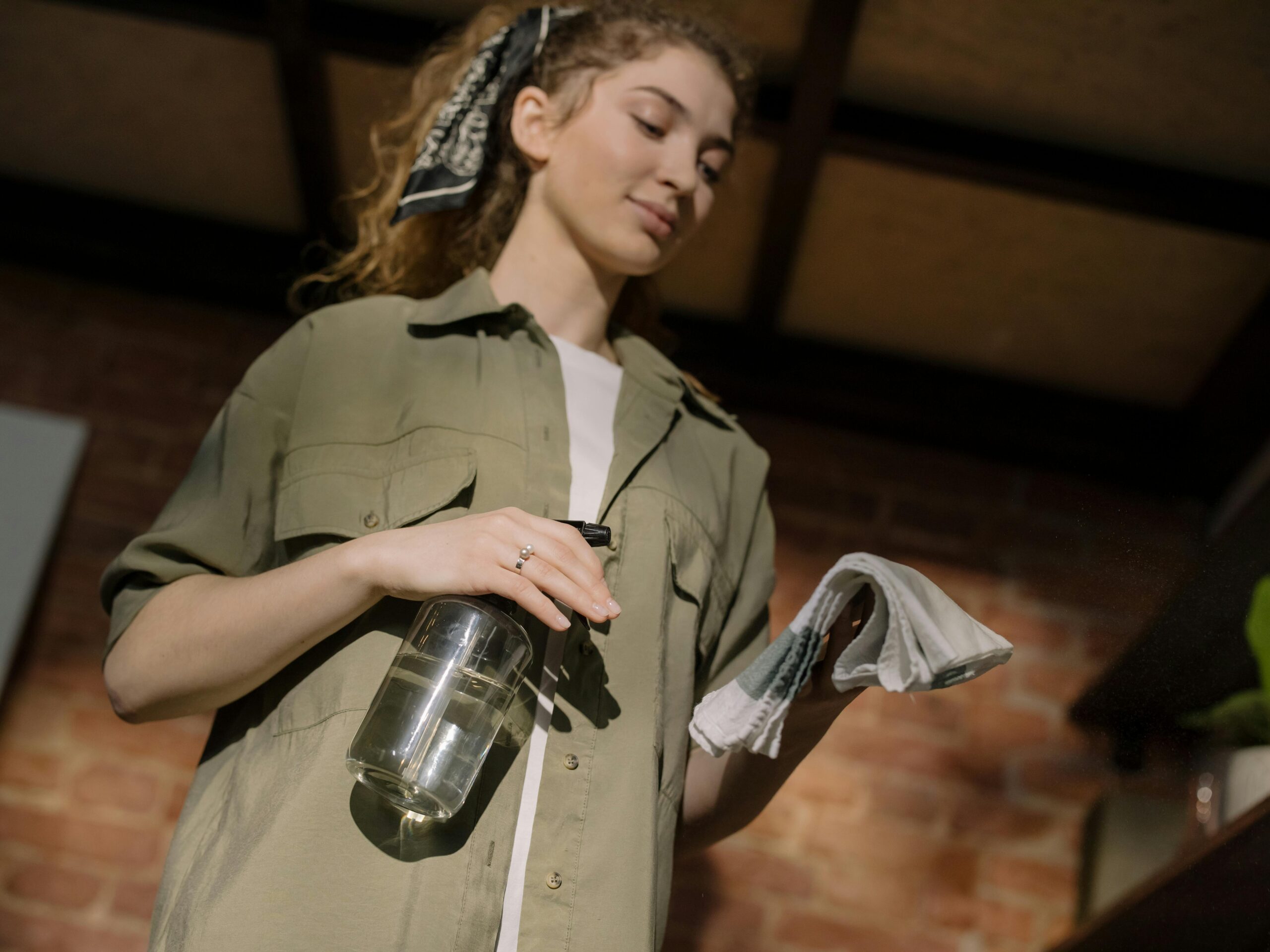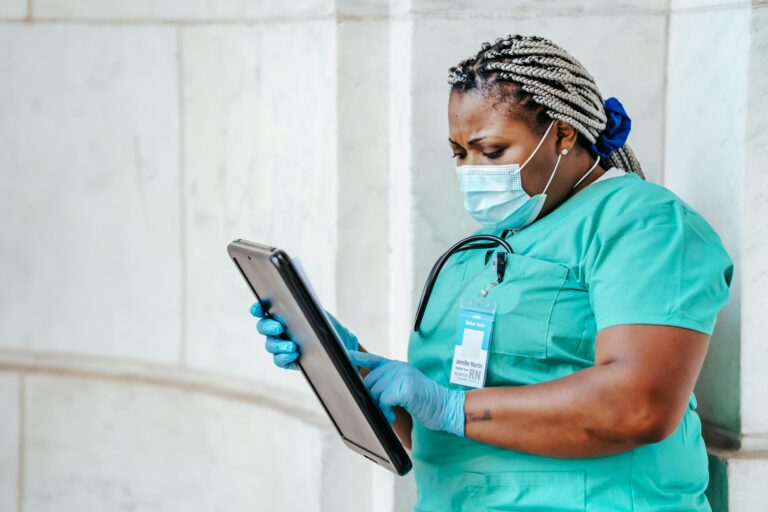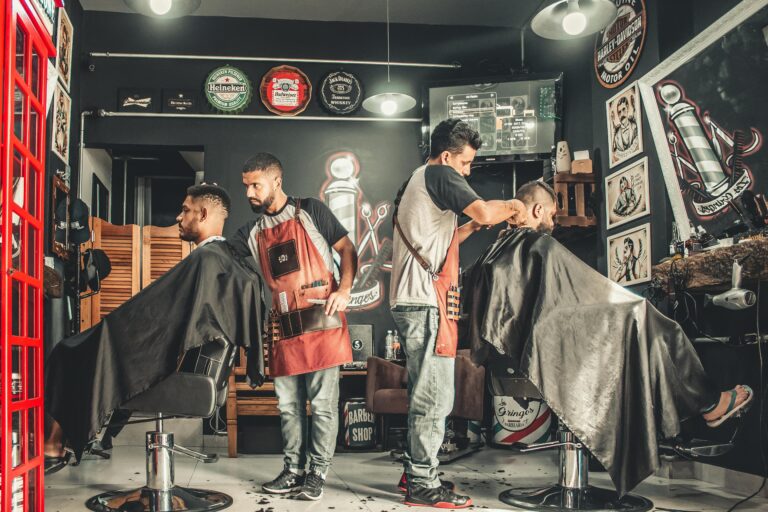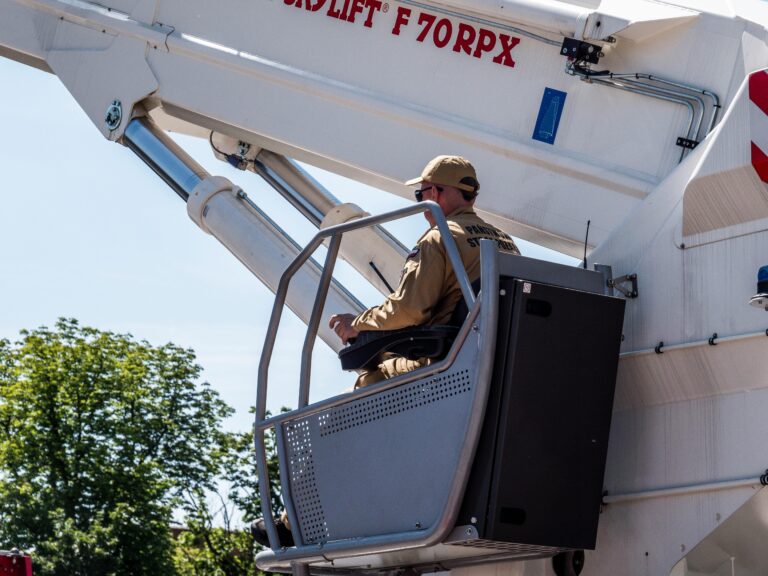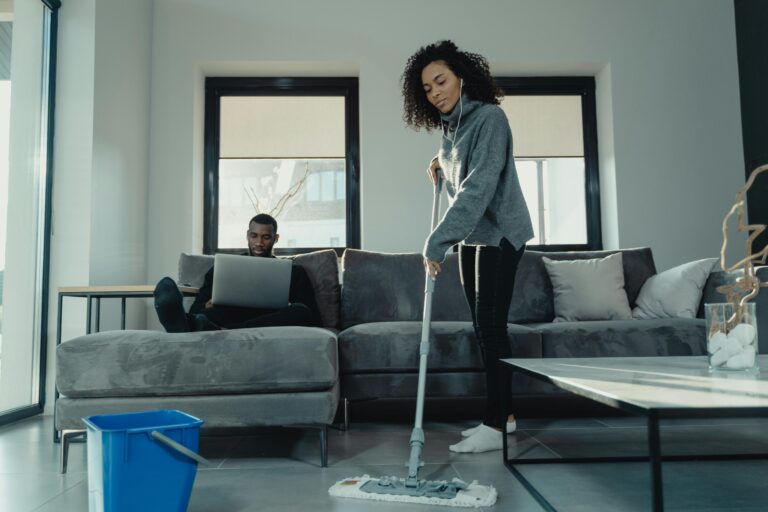Housekeeping Jobs in Australia with Visa Sponsorship (2025 Guide)
Why Australia Needs Housekeepers
Australia’s accommodation and care sectors are growing in multiple directions at once. International travel has rebounded, domestic tourism remains strong, universities are attracting larger cohorts of international students, and hospitals and aged-care facilities are under continual pressure to maintain spotless, safe environments. Each of these trends magnifies one stubborn truth: clean, well-maintained spaces are not a “nice to have,” they’re the foundation of guest satisfaction, infection prevention, regulatory compliance, and revenue protection. Hotels live and die by review scores; hospitals answer to accreditation bodies; student housing wins or loses renewals on the basics—quiet rooms, working appliances, fresh linen, dust-free vents, and bathrooms without mould.
When local recruitment can’t keep pace—particularly in regional tourism towns, mining hubs with remote camps, or metro precincts with multiple new hotels opening—employers turn to visa sponsorship to stabilise rosters. They aren’t just looking for anyone who can push a trolley. They need detail-obsessed professionals who move quickly without cutting corners, follow chemical safety rules, and document what they’ve done. If you can demonstrate consistent room-turn times, near-zero re-cleans, and strong audit results, you reduce rework costs, limit guest compensation payouts, and lower insurance exposure for your employer. Small administrative steps help too: open an Australian bank account, choose a low-fee credit card for relocation purchases or uniform costs, and keep on-time repayments to protect your credit score—handy for securing rentals close to hotels, hospitals, or resort precincts.
Where You’ll Work & Role Types
“Housekeeping” is a family of jobs that changes shape depending on the venue:
-
Hotels, resorts, and serviced apartments: room attendants, public area cleaners, mini-bar attendants, linen runners, housepersons, and supervisors.
-
Hospitals and aged-care (Environmental Services): ward cleaning, terminal cleans, theatre turnarounds, isolation protocols, waste segregation, and specialist disinfection.
-
Student housing and build-to-rent: apartment flips at semester turnover, common-area standards, preventive maintenance liaison.
-
Airports and lounges: high-frequency touchpoint cleaning, overnight detail, and rapid response to spills.
-
Remote sites/mining camps: large-volume cabin cleaning, laundry ops, and rotation-based rosters.
Career progression is real: experienced room attendants often step up to team leader, floor supervisor, assistant manager, or move laterally into training and QA. In health settings, Environmental Services staff can specialise (theatres, isolation, oncology), gaining higher responsibility and pay. Across all settings, the best performers pair speed with documentation—completing digital checklists, logging defects, and escalating maintenance issues that would otherwise damage guest experience or clinical safety.
What Great Looks Like on Shift
Housekeeping excellence has a rhythm. You start with a clean, stocked trolley: labelled chemicals, colour-coded cloths (to avoid cross-contamination), microfibre mops, spare liners, and enough linen for the run. You plan your order: checkouts first to meet arrivals, then stayovers. In each room you perform a “top-to-bottom, clean-to-dirty” sweep: dust high surfaces, vents, and light fittings before wiping benches and finally bathrooms; vacuum last to catch all debris. You check expiry dates on amenities, run taps long enough to clear stale water, and pull curtains back to inspect rails and tracks that gather dust.
In hotels, speed matters, but re-cleans kill it. A 20-minute room that returns to you costs you time and credibility. Avoid re-cleans by pausing for “the slow look”—a 10-second scan from the doorway after you think you’re done. Touch the high-risk spots: behind the bathroom door, under the vanity lip, glass edges, remote controls, bedside surfaces, and the kettle tray. Photograph anything unusual (stains that won’t lift, damaged tiles) and log a maintenance ticket. In hospitals, the pace is scripted by protocols: change PPE at the right points, respect isolation signage, and record dwell times for disinfectants. Whether it’s a penthouse suite or a four-bed bay, your signature is a space that feels—and is—hygienic.
Chemicals, Equipment & Digital Tools
Modern housekeeping is both manual and data-driven. You’ll encounter:
-
Chemicals and dosing: concentrated cleaners with dilution stations, neutral pH bathroom products, glass cleaners, food-area sanitisers, and occasional descalers. Learn Safety Data Sheets (SDS), never mix chemicals, and respect dwell times—wiping too early reduces effectiveness.
-
Colour coding: cloths and mops tagged for zones (e.g., red for bathrooms, blue for general, green for food areas) to prevent cross-contamination.
-
Tools: microfibre systems, HEPA vacuums, extendable dusters, grout brushes, squeegees, and steamers for certain tasks.
-
Tech: mobile apps for room assignments and QC checklists, NFC tags on rooms or trolleys to time-stamp work, photo attachments for defects, and linen inventory scanners.
Keep gear maintained: clean vacuum filters daily, wash cloths by colour batch, and store chemicals upright with lids tight. Good tool discipline speeds your run and avoids insurance incidents related to leaks, slips, or fumes. If your site uses a digital housekeeping system, treat it like an ally: consistent time stamps and notes defend you when a guest disputes a charge or a manager asks about a delay.
Infection Prevention in Health Settings
If you’re targeting hospitals or aged care, learn the language of Environmental Services. You’ll perform routine, discharge, and terminal cleans; handle waste streams (general, clinical, cytotoxic, sharps); and work under transmission-based precautions (contact, droplet, airborne). Master PPE donning and doffing sequences, hand hygiene, and the critical path that prevents re-contamination—clean from least to most soiled, leave floors last, and respect “clean to dirty” zones. Understand product selection: neutral detergents for most surfaces, hospital-grade disinfectants where indicated, sporicidal agents when directed. Dwell time is non-negotiable—if the label says “five minutes,” it’s five.
Documentation matters. Audit tools track high-touch points (bed rails, light switches, call bells), and some wards use ATP meters or visual tags for random checks. In theatres, turnover time must align with lists without rushing critical steps; in isolation rooms, you’ll coordinate with nursing staff to time entry and exit. This is the sharp end of housekeeping—done well, it protects vulnerable people and keeps accreditation bodies, risk managers, and insurers confident.
Safety, WHS & Manual Handling
Cleaning is physical and repetitive. Protect yourself and the site by following Work Health & Safety basics:
-
Manual handling: keep loads close, bend knees not back, and adjust bed heights to a comfortable working level where possible.
-
Slips, trips, falls: put out wet floor signs before mopping; manage cords; dry polish floors not guests.
-
Sharps awareness: never “blind reach” into bins or under mattresses; report and handle sharps using tongs and approved containers.
-
Electrical safety: check cords and plugs; do not use damaged equipment; never leave vacuums blocking exits.
-
Room entry protocols: knock, announce, and use privacy locks appropriately; respect “Do Not Disturb.”
Report hazards and near misses immediately. Accurate incident notes protect your job and your employer’s liability insurance. If any clause in your contract around damages, stand-down, or overtime is unclear, ask for plain-English wording or get a quick steer from employment lawyers before signing.
Quality, Audits & Guest Experience Metrics
In hospitality, the scoreboard is simple: guest reviews, re-clean rates, and inspection scores. Supervisors perform random audits: dust tests, UV or torch checks for smears, bathroom grout scrutiny, and linen presentation. Re-cleans should be rare; if a pattern emerges, ask for retraining on that task rather than working longer. In apartments and student housing, pre-handover checklists reduce comeback calls—test appliances, photograph meter readings, run the dishwasher on a quick cycle, and check balcony drains. In hospitals, quality is tracked via compliance audits and ward feedback; your role is to document methodically and accept feedback without defensiveness. Clean is a feeling as much as a checklist: a room that smells neutral, with sharp corners dust-free, taps polished, and bins lined flat, reassures guests and patients instantly.
Sustainability, Linen & Laundry
Sustainability is not just marketing; it saves water, energy, and money. Adopt microfibre where appropriate (it lifts more dirt with less chemical), dose accurately to avoid waste, and use cold or warm cycles if the laundry standard allows. Respect re-use programs (towel or linen opt-outs) but never compromise hygiene or policy. Keep mould away with ventilation habits and swift action on damp materials. Coordinate with maintenance on leaking taps or HVAC issues—condensation and slow drips become cleaning nightmares later. Track linen shrinkage and loss; inaccurate counts punish budgets and can trigger disputes with contractors. When you suggest improvement—moving a dirty-linen chute, changing a cart route, trialling a new squeegee—show the time saved and re-clean reductions. Managers love ideas backed by numbers.
Visa Pathways & Sponsorship Strategy
The most common route for employers is TSS 482 sponsorship when they can show genuine need and your role maps to the nominated occupation. Many housekeepers progress to ENS 186 permanent residency after proving reliability and tenure. Regional pathways (190/491) can be faster if you’re open to towns with staffing shortages; some Designated Area Migration Agreements (DAMAs) help where vacancies persist. Keep a decision-ready pack: passport, police checks, medicals if required, employment references on letterhead with contact details, any infection-control certificates or hospitality qualifications, and letters that mention specific duties (room counts per shift, public areas, health cleaning protocols). Maintain continuous health insurance (OVHC where applicable) to satisfy visa conditions. Document cost-sharing in writing: nomination fees, medicals, relocation, temporary accommodation. If you have dependants or complex circumstances, a short chat with migration lawyers can prevent delays. Align your start date with occupancy spikes or semester turnovers—arriving two weeks before peak makes you an instant asset.
Occupation Mapping & Eligibility
Sponsorship succeeds when your documented duties match the nominated occupation. If you’re primarily a hotel room attendant, your references should describe room turns, public-area standards, and mini-bar or laundry liaison—not unrelated tasks from other industries. If you’ve worked in hospitals, ensure references mention terminal cleans, isolation protocols, PPE use, and waste segregation. Consistency matters: titles, dates, and employers must align across CV, references, and online profiles. Where you’ve mixed roles (front desk plus housekeeping in a small property), emphasise that housekeeping was the majority of your time to avoid confusion. Attach certificates (infection control, chemical handling, manual handling), and if you supervised others, add the size of your team and audit results. This clarity reassures HR, auditors, and insurers that the nomination reflects reality.
Who Sponsors & How They Hire
Sponsors include international hotel brands, resort groups, serviced-apartment operators, hospital networks, aged-care providers, universities and student-housing operators, airports, and remote-site catering companies. Hiring patterns vary:
-
Hotels/resorts: short phone screen, in-person interview, practical trial (cleaning a sample room under supervision), and reference checks.
-
Hospitals/aged-care: background and immunisation checks, infection-control questions, and a scenario exercise (e.g., droplet precautions for a discharge clean).
-
Student housing/build-to-rent: emphasis on end-of-lease turnovers, maintenance liaison, and communication style for tenant interactions.
-
Remote sites: roster discipline (2/1, 3/1), medicals, and logistics readiness.
Every sponsor prioritises attendance, attitude, and documentation. Bring two referees who can discuss your speed, quality, and safety. State relocation readiness and shift flexibility (nights, weekends, public holidays). Decision-ready candidates move faster through HR and legal.
Pay, Rosters & Benefits
Pay differs by sector and location. Hotels often use hourly rates with penalties for nights, weekends, and public holidays. Resorts may offer staff accommodation or meals. Hospitals and aged-care settings align to enterprise agreements with allowances for uniforms and sometimes higher rates for specialised cleaning. Remote sites include paid flights, camp accommodation, and site allowances. Ask about roster patterns, overtime triggers, and whether training is paid. Clarify uniform and laundry policies, PPE provision, and who covers vaccination costs for health roles. Always look at total value rather than base rate alone: stable rosters, supportive supervisors, and realistic room quotas are worth more than a modestly higher hourly rate paired with chaotic scheduling. On your side, manage money simply: a low-fee credit card is useful for relocation or uniform purchases; protect your credit score by paying on time so you can secure better rentals and phone plans.
Where to Find Jobs & How to Apply
Start with mainstream boards (Seek, Indeed, LinkedIn) using “housekeeping visa sponsorship” and your target sector (hotel, hospital, aged care, resort, student housing). Then go direct to employer portals—international hotel brands, hospital networks, aged-care providers, and remote-site caterers post roles that never hit aggregators. Build a two-page CV with a Skills Snapshot (infection-control certificates, chemical safety, hotel systems you’ve used, languages spoken), and outcome-based bullets: “averaged 17 rooms/day at 98% QC pass rate,” “re-cleans <2% for three consecutive months,” “closed 90% of maintenance defects within 24 hours via digital tickets.” Bundle a single PDF compliance pack: ID, references, police checks, immunisation record if relevant, and certificates. In interviews, skip generic claims—walk through a tricky bathroom rescue, a room-flip under time pressure, or an isolation clean sequence you executed perfectly. Close by confirming start date, roster flexibility, and relocation readiness.
Interview & Trial Shift Tips
Dress practically, bring closed shoes, and expect to be assessed on both speed and method. Narrate your approach without chatter: “I’ll remove rubbish first, start high with dusting, then bathroom with correct chemical dwell times, finishing with floors.” Show chemical respect—read the label, confirm dilution, and keep bottles labelled. On a hotel trial, pause for the “slow look” from the doorway; in health, call out each PPE step and never short-cut dwell times. Treat supervisors and room inspectors as partners; if feedback lands, adjust immediately without excuses. Employers hire for teachability and composure just as much as current speed.
First 90 Days Plan
Think like a pro from day one:
-
Week 1–2: nail the basics—trolley setup, colour coding, digital checklists, and room order strategy. Ask for the QC rubric and tune your pace to pass on the first check.
-
Week 3–4: cut re-cleans by targeting your weak spots (mirrors, chrome, under vanity lips). Shadow a top performer to learn their shortcuts that aren’t corner cuts.
-
Week 5–8: own a training micro-topic (e.g., grout rescue, dust-free vents, streak-free glass) and share a two-minute tip at the pre-shift huddle.
-
Week 9–12: propose one process improvement with measurable benefit—adjusting cart layout to reduce backtracking, adding a labelled cloth holder to avoid cross-contamination, or creating a photo-based defect guide for maintenance. Track results and share them.
This measured, numbers-backed approach builds trust rapidly with supervisors and managers—and it helps HR justify your visa nomination or progression to permanent residency later.
Pitfalls That Derail Sponsorship
Avoidable mistakes cause delays or rejections:
-
Occupation mismatch: references that describe front-of-house duties only, with little housekeeping detail.
-
Inconsistent dates/titles across CV, references, and online profiles.
-
Weak quality evidence: no audit scores, no mention of room counts, re-clean rates, or protocols in health settings.
-
Safety red flags: cavalier chemical use, poor PPE discipline, or ignoring “Do Not Disturb” and privacy steps.
-
Unclear cost-sharing for nomination, medicals, or relocation.
-
Slow responses to HR—another candidate who answers in 24 hours gets the slot.
Mitigate by aligning documents before you apply, packaging a clean compliance PDF, and replying quickly. If a clause seems murky, request plain-English text or a quick check by migration or employment lawyers. Keep health insurance continuous throughout the process.
Insurance, Legal & Personal Finance
Understand the protections and obligations around your role:
-
Public liability insurance covers incidents involving guests or visitors in public spaces—your employer typically carries this.
-
Workers’ compensation covers injuries on the job—know reporting steps and timeframes.
-
Professional indemnity insurance is less central for housekeeping than for clinicians or designers, but supervisors who sign off audits should confirm how the company’s coverage applies.
-
Contract clarity: check probation terms, overtime approvals, uniform deductions, and accommodation rules for remote sites. Ask for plain-English summaries, and consult lawyers for a quick read if needed.
On the personal side, keep health insurance current if your visa requires it, pay your credit card on time, and keep utilisation low to protect your credit score—useful for rentals near your workplace. Track deductible expenses (uniforms, approved footwear, certain training) to avoid surprises at tax time. Clear finances and crystal-clear contract terms let you focus on performance.
Templates & Snippets You Can Use
Sponsor Outreach (Email/DM)
“Hi [Manager], I’m a housekeeping professional with 4+ years in hotels and student housing. Recent results: average 17 rooms/day with 98% QC pass on first inspection; re-cleans under 2% for three months; created a photo-based defect log that cut repeat maintenance tickets by 30%. I’m visa-ready, can relocate within four weeks, and I’m happy to complete a paid trial shift. Could we schedule a short call?”
Resume Bullets to Adapt
-
Managed 18 stayovers and 6 checkouts in a 7.5-hour shift; 0 re-cleans and QC 100% on first pass.
-
Completed isolation terminal cleans with full PPE and documented dwell times; audit compliance 99%.
-
Introduced cart layout change that reduced backtracking by 12 minutes per run.
-
Trained 6 new starters on chemical dosing and colour coding; zero cross-contamination incidents.
Interview Scenario Prompt
“A guest reports hair in the bathroom after your clean, and they’re due back in 10 minutes.”
-
Apologise and attend immediately.
-
Re-clean the entire bathroom, not just the visible issue; replace linens if there’s any doubt.
-
Do a final slow scan; leave a handwritten note and notify the supervisor in the app with a time-stamped photo.
-
If policy allows, offer a small gesture (amenity or water) and document for service recovery.
This sequence preserves brand reputation and calms any potential insurance or legal noise.
Bottom Line
Housekeeping is craft, discipline, and pride. Australia’s hotels, hospitals, student housing, and remote sites will sponsor people who pair speed with method, cleanliness with documentation, and initiative with humility. If you can show measurable results—fewer re-cleans, faster safe turnarounds, higher audit scores—and you keep your admin tight (clear documents, fast replies, continuous health insurance, plain-English contract understanding, and tidy personal finances with a sensible credit card and a protected credit score)—you’ll be exactly the kind of professional employers want to sponsor. The path is straightforward: package your achievements, target the right sector, and say yes to the trial that proves what your resume promises. Ready to roll the trolley.
